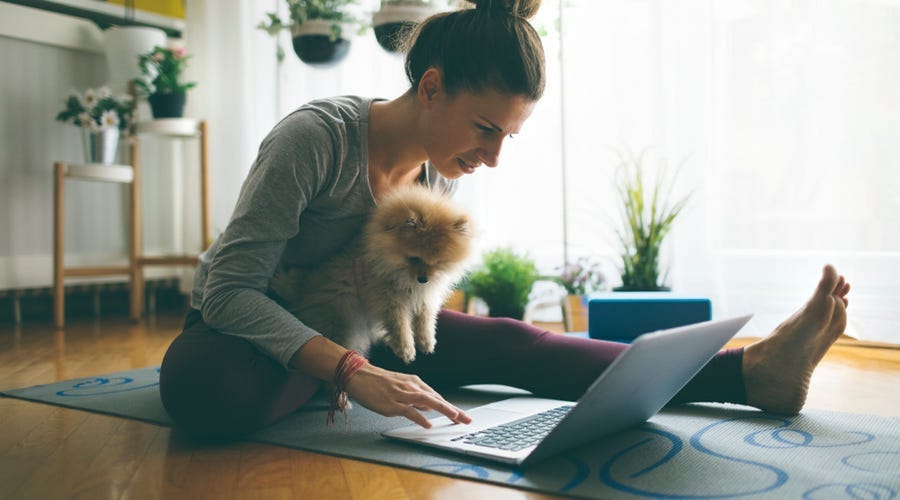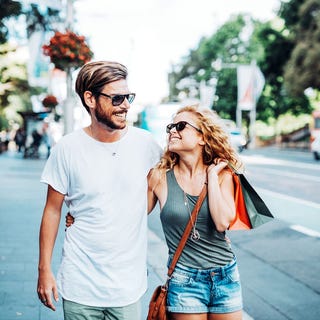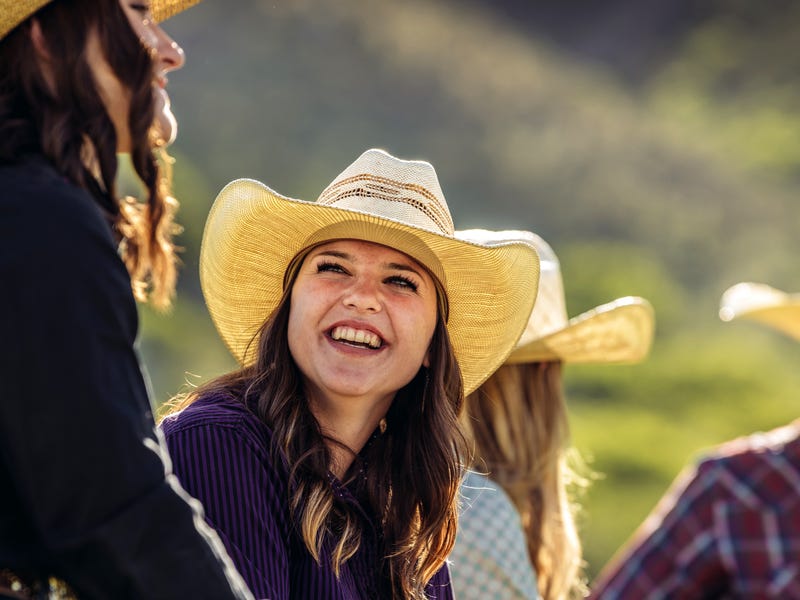According to studies, doing good for others can improve life satisfaction, happiness levels and mental and physical health. One study found that adults who volunteered about four hours a week significantly decreased their chances of developing high blood pressure.
So, how can we extend this feel good factor on a global scale? How can we become a better global citizen?
A global citizen is someone who has an awareness of the world and how human actions can impact on it.
They’re curious about the environment, nature, human cultures, geology and economics, and how they all connect with each other. They also have a desire to positively contribute to communities to improve life for others.
What is a global citizen?
A global citizen is respectful of cultural diversity and human rights. They’re empathetic to causes and suffering around the world and feel responsible for their impact on it and making change.
They see themselves as a citizen of the world, rather than a single country. They desire equality for all and consciously make fair choices and decisions. Read on to learn about the steps you can take to become a better global citizen.
Make greener choices
Recycling, reducing waste, energy saving, and water conservation all lessen the impact on the environment.
Save energy by turning off lights, unplugging appliances when not in use and buying appliances and lights with good energy ratings and efficiency.
Conserve water by installing a rainwater tank, water efficient shower heads and appliances.
Reduce waste by using reusable containers, water and coffee cups. Avoid using plastic bags, straws and disposable items. Upcycle where possible or buy second hand and create a compost heap for scraps.
Learn a new language
Being able to speak another language is useful and rewarding in so many ways. But, when it comes to becoming a better global citizen, it’s one of the best.
Learning a new language means that you gain an appreciation and insight into other cultures that you may previously not have had. You become more aware of culture differences, why they exist and the importance of respecting them.
According to researchers, Hanh Thi Nguyen and Guy Kellogg, when students learn another language, they develop new ways of understanding culture and ways of thinking and behaving.
Students can critically think about stereotypes of different cultures related to food, appearance and conversation styles.
Volunteer
Volunteer to help out a local charity or one that works with overseas organisations. If you’re keen to take it a step further, hop on a plane and spend some time volunteering overseas.
Seeing first-hand how your voluntary efforts are making a difference to others is a great feeling, as is connecting with those you’re helping. It’s also a good way of educating yourself on the issues that other countries may be facing.
Organisations such as GVI and Projects Abroad organize volunteer projects in countries such as Africa, Latin America, Asia, Europe and Australasia. Volunteers have the opportunity to help out in conservation, education, and community projects.
Travel as much as possible
Travelling is one of the best ways to explore the globe, understand and experience different cultures and country challenges first hand, as well as meet new friends.
Gaining a global perspective can help us reflect and appreciate what we have, and increased empathy for others is a key characteristic in becoming a better global citizen.
Before travelling, think about what you’re really passionate about doing or discovering. Think local cuisine, local temples or going off the beaten track. Research if you can and connect with locals who can help.
Sharing a common passion is a good way to see commonalities from a new viewpoint.
Education is key
Educating yourself about what’s going on in the world is a great way to become a better global citizen. With a multitude of sources available at our fingertips, learning is only ever a click away.
Learn about different cultures online. Read blogs and news sites about different country’s politics, current affairs and cultures, and research local cultural community events or celebrations which you can attend.
You could also use social media and communication to connect and develop friendships with people all over the world, so why not go ahead and give it a go?
Discover how we can help you make the connections that open the world to possibilities.




